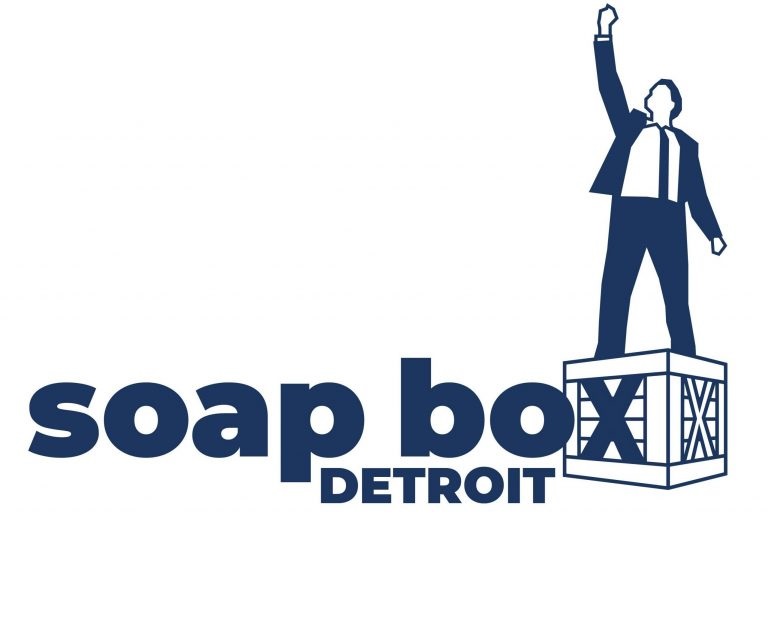
Photo: SoapBox Detroit
Detroit city staffer launches site to demystify local government
16 August 2021
by Sarah Wray
An attorney in the City of Detroit’s law department has independently launched a new website to help residents engage in local democracy.
Daniel Arking said the idea had been simmering for some time but it came together as a “pandemic project” when he found himself with additional free time at home. SoapBox Detroit offers a one-stop shop for people to find information about city departments, access the City Charter, City Code, and uncodified ordinances, and follow a calendar of public hearings and community meetings. Users can sign up to receive alerts when there are updates.
Arking told Cities Today his experience as both a city staff member in Detroit and elsewhere, and as a citizen inspired the project.
“Finding the right information that you need can be hard within a large government structure,” he said. “Another part of my job is attending lots of public meetings and hearings and observing how members of the public are almost universally interested and have lots to say about whatever the subject matter might be, but sometimes struggle to use the right terminology or they might miss a public hearing date due to lack of knowledge about it.”
Silos
He said the tool could be useful to internal staff members and other stakeholders as well as the public. It has so far been a research effort on Arking’s part, pulling together publicly available information from across different sources, including websites, email subscriptions and even physical bulletin boards.
“Transparency and accessibility are certainly something the City of Detroit works hard to achieve,” Arking said. “And I think cities generally try to maximise this but there are structural limitations to their ability to compile lots of disparate information. The biggest barrier is jurisdictional boundary lines and the silos that can run through a local government.”
The project has been carried out on Arking’s own time but he said he ran it past his department leaders, who have been supportive.
In future, new features could be developed to further “knock down barriers between the public and city government”. These could include ways to facilitate deeper levels of communication and guides to explain how city government functions and decisions are made, or how to make effective public comments.
Arking said the model could be replicated by other cities and jurisdictions.
“This can be a win-win on both sides for the public and government officials,” he said.













